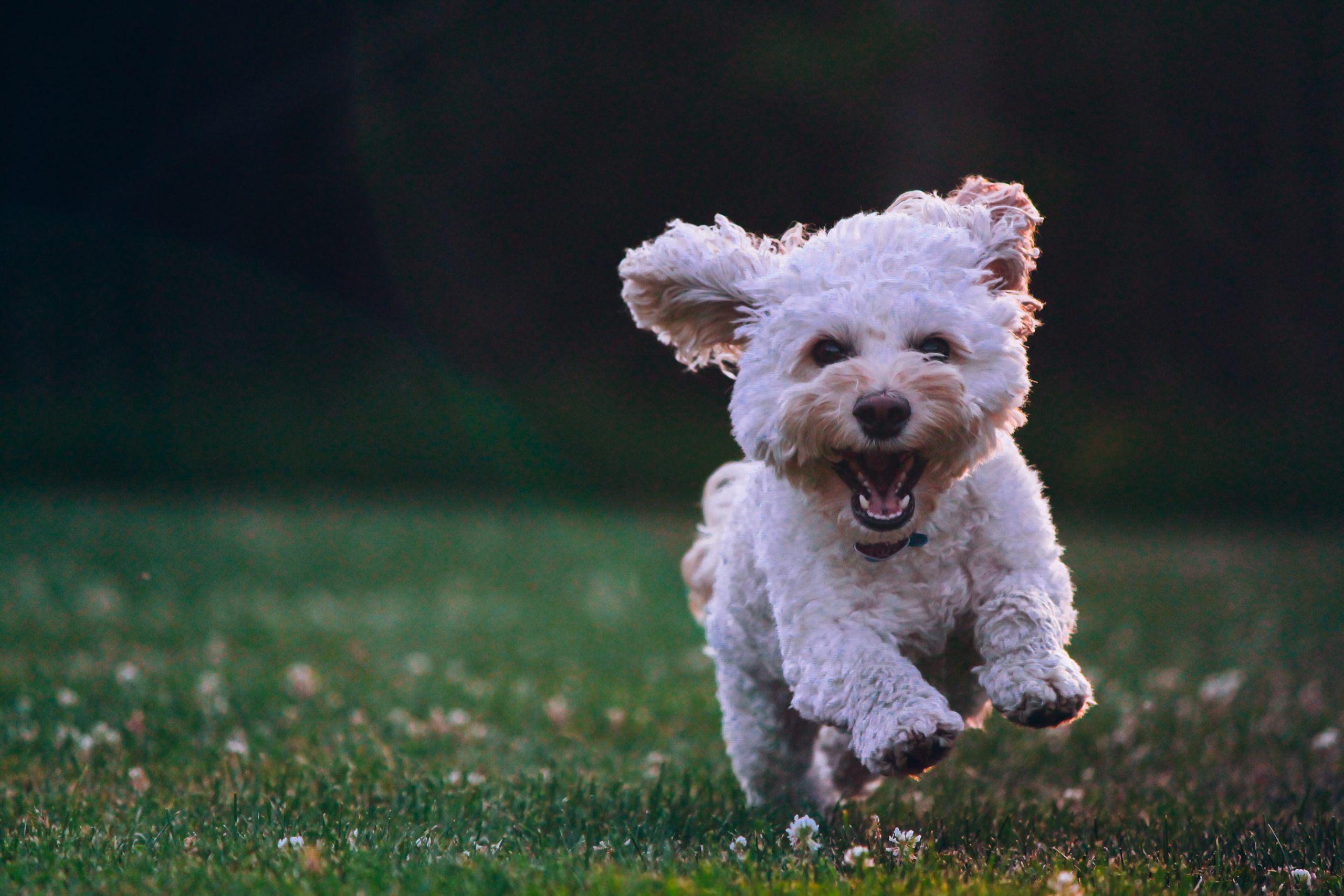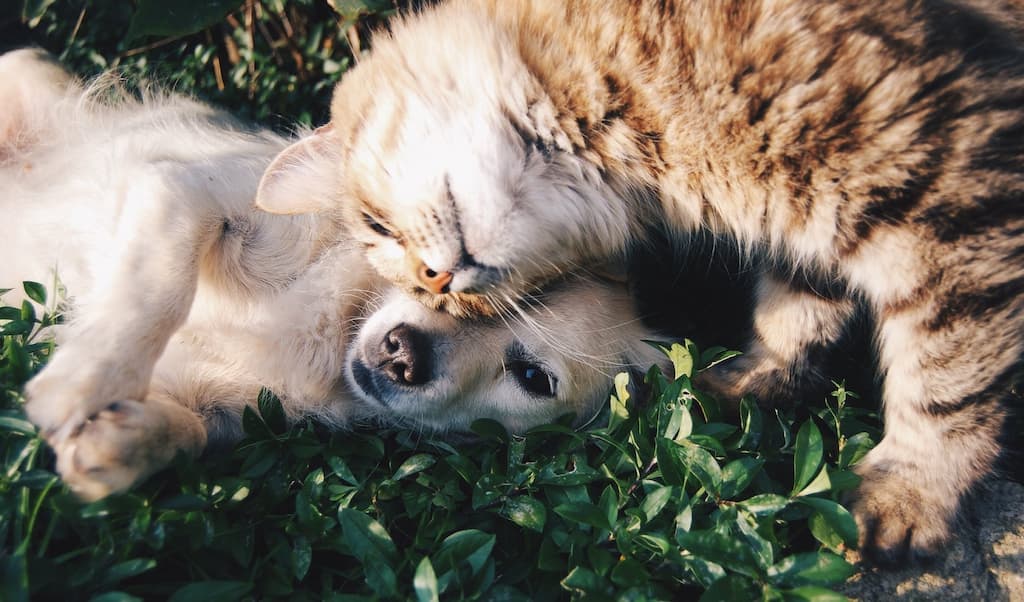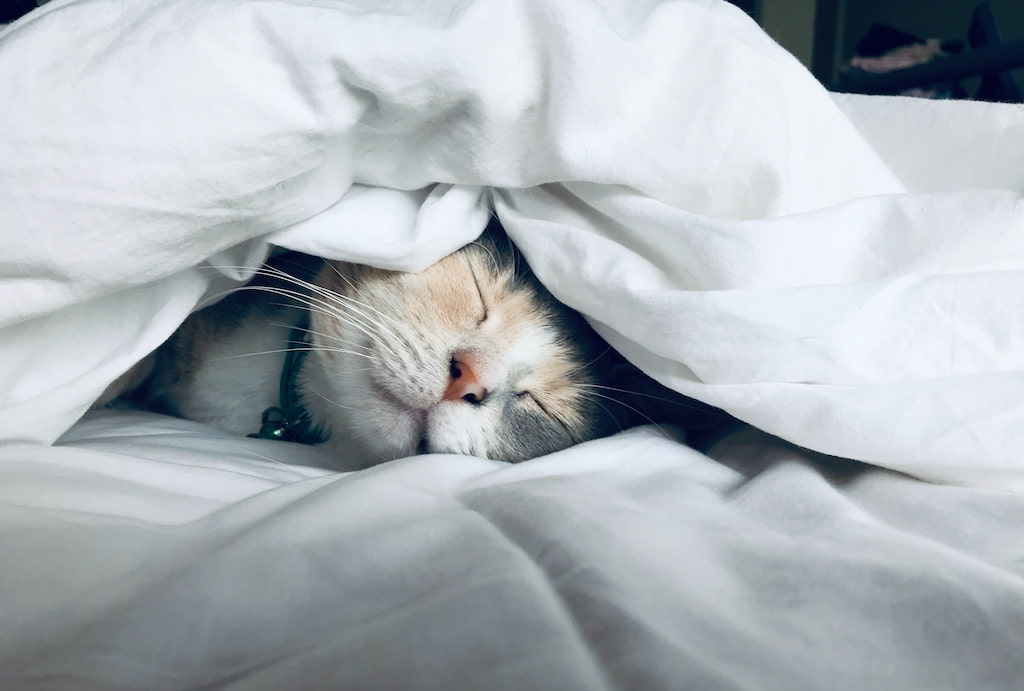Mood Boosting Benefits of Pets

Content
- 1. We become happier and more stress-free.
- 2. We become healthier individuals.
- 3. We establish stronger bonds.
- 4. We develop a sense of responsibility.
- 5. We become more motivated.
- 6. We experience the pleasure of doing good deeds.
- 7. We’re more organized.
- 8. We feel less alone.
- 9. We nurture stronger bonds with nature and ourselves.
- 10. We learn a lot about ourselves and life.
Do you have a pet or have you ever had one at some point in your life? If your answer is yes, you must know firsthand the various positive effects those relationships can have on our lives. It can be such a joyful experience to communicate and play with them, or even just watch them and their silly antics, right? Besides being joyful, growing up with pets has been known to help children become more loving and responsible adults. Plus, caring for pets supports our social and emotional development by requiring us to organize our daily lives around responsibilities such as feeding and taking them on walks.
Actually, “pet” and “ownership” are concepts I feel uncomfortable with. Considering all the contributions pets make, it seems unfair to say that we own these lovely creatures. However, since I couldn’t find a better alternative, I’d like to start by saying sincerely: No living thing is our property. On the contrary, we are extremely lucky to experience the love of our innocent friends with whom we share the same earth.

Together, let’s look at how pets make our lives better:
1. We become happier and more stress-free.
Having a pet contributes to people’s mental and physical health as well as their overall well-being. Being in the same environment with animals makes us happy and according to a study, even spending money on our pet friends can be a gratifying act.
According to scientific findings, spending time with pets makes us release more oxytocin, a neurotransmitter known for its connection to how we form attachments, love, socialization, and stress reduction, as well as for its function in pregnancy and childbirth. Similarly, spending time with pets is known to reduce the level of cortisol, or the stress hormone. In other words, petting an animal itself is enough to relieve stress, anxiety, and loneliness in a short time, elevating our mood. These changes in the levels of cortisol and oxytocin are actually a scientific indicator of the many positive effects pets can have along with things like more social interaction, a reduction in symptoms of anxiety and depression, and an increase in overall happiness. All in all, our lives become better thanks to our pet friends.
2. We become healthier individuals.
Having a pet also provides many benefits for our physical health. A study shows that pets reduce the risk of hypertension and can have a heart-healthy effect. Furthermore, evidence shows that pets can improve our immune system, reducing the risk of allergic conditions and diseases such as eczema and asthma.
Pets enable us to move, make us more active, and improve both our mental and physical health. While walking with our dogs or playing with our cats at home, we’re actually sparing time for physical exercises necessary for our heart health without even knowing it.
3. We establish stronger bonds.

Essentially, we not only offer food and shelter to these creatures with whom we share our home, we establish a profound mutual relationship. We get attached to them, developing a sense of belonging. The aforementioned oxytocin hormone is actually best known for its attachment function and we usually see it increase when we’re bonding with another living thing.
You may have heard of the famous American psychologist Harry Harlow’s attachment experiment with monkeys in the 1960s. To briefly summarize the findings of this research, which was a great contribution to the field of psychology along with the many ethical debates it sparked, monkeys separated from their mothers at birth were put in the same environment with two groups of surrogate mothers made of wire or soft cloth. Wire mothers were designed to give milk, while clothed mothers did not hold a bottle. Interestingly, even monkeys raised in the same environment as the wire mother preferred the clothed mother, risking starvation. When they were afraid, they didn’t approach the wire mother who gave them milk, but rather ran to the clothed mother who offered them a warm hug. With this research, Harry Harlow demonstrated that physical contact, comfort, and feeling safe and secure are as essential as nutrition for mammals. Thus, our pets are attached to us not only because we give them food and water, but also because we love and care for them. Of course, we, as mammals, also need physical contact and warm and safe hugs. The need for trust and affection is as vital to us, mammals, as is satiety.
4. We develop a sense of responsibility.
We don’t always get to do everything we want in life with the many responsibilities that become increasingly diversified and multiplied as we age. Even so, we’re not always good at being aware of our responsibilities and fulfilling them. With the ups and downs of life, sometimes the simplest responsibilities can seem huge or overwhelming to us. That’s why it’s important to remember that taking care of a living thing also requires great responsibility. So, when we become a home for a living creature, we’ll have to attend to certain needs like their need to eat, go to the bathroom, exercise, and visit the vet. Taking care of them teaches us to be responsible in this sense.
Further, taking care of another living thing from a very young age supports children’s growth into individuals with a heightened sense of responsibility and empathy. When we decide to adopt our pets, we make a promise to ourselves and to them that we’ll be there, that we’ll take responsibility. We might put off paying the bills for a few days, neglect to consume enough water and eat healthy, but we can’t ignore the need to provide food and water to our hungry friend with puppy eyes, can we? When we do something for them, we experience the satisfaction of fulfilling a responsibility and making them happy makes us happy. We also become more willing to take on other responsibilities in our lives with this sense of accomplishment.
5. We become more motivated.

Pets give us a reason to take action at times when we may feel aimless or unmotivated. On days when we have trouble getting out of bed, the expectation in those innocent eyes of our little friends can help motivate us to begin our day. Even if we’re reluctant to get up and start the day for the sake of ourselves, we somehow get up to feed them, play games, or go for a walk. Once we take action for their benefit, everything can start to seem easier for us.
6. We experience the pleasure of doing good deeds.
Altruistic behaviors are those that we do for the benefit of another living thing unselfishly, making an effort on someone else’s behalf. According to experts, such behavior is healthy for us. Doing good and helping others makes us happy and enriches us emotionally. In fact, research shows that one of the reasons behind our display of such altruistic or selfless behaviors is their rewarding effects. Caring for other creatures and doing things for them definitely brings us closer to the community we belong to, strengthening our sense of belonging in the world. In other words, although it may not seem to benefit us directly, it’s a reward for us as well as for them to take care of our little friends, feed them, monitor their health, and make sacrifices from time to time.
7. We’re more organized.
In addition to being a great source of joy, pets also bring consistency, order, and purpose to our lives. Routines take up a large part of our day and activities that we repeat can be incredibly effective when it comes to organizing our day and our lives in general. From time to time, we may find it difficult to establish a routine for ourselves. It’s not always easy to maintain our motivation to keep up with the hustle and bustle of each day for long periods of time in order to turn a behavior into a habit. We’re more likely to quit doing something that we’re trying to do for ourselves than we are to stop caring for an innocent creature that needs our attention. If it’s for their sake, it’s then easier to do the same things at the same times every day and keep on doing them for longer periods of time. Meeting the nutritional needs of our pets, cleaning the litter boxes of cats, taking the dogs for a walk, or caring for the various other kinds of pets that we welcome into our homes can create a kind of consistency that helps keep us on track when we’re feeling unmotivated or we fall out of routine.
8. We feel less alone.
Having a pet means having someone to accompany you in your daily life. Whether we live in a crowded house or alone, it’s necessary for us to communicate and socialize from time to time. When we’re away from our social circle and feel lonely, pets can offer us the social support we need. Although we’re not members of the same species, as living beings who share the same home and live in the same world, what we have in common is much more profound.

It makes us feel safe to know that they’re always there for us, even when we feel the most alone. And even though they can’t solve our problems, feeling their presence by our side can lend us strength to move forward. In fact, they can sense it when we’re sad or unhappy. These creatures, who curl up next to you when you feel lonely or upset and support you in difficult times with their presence and unconditional love, are no different than a dear friend.
Their presence actually creates many opportunities for us to become more active and social individuals. They help us socialize with others, just as they are our friends themselves. Thanks to them, we have so much to share with animal lovers and pet owners at the park, at the vet, or on the street. At the end of a long day, you can curl up together and even chat in your own special language.
9. We nurture stronger bonds with nature and ourselves.
Along with the evolution of technology, many acquired activities and behaviors embedded in our society gradually distance us from nature. Being disconnected from nature also distances us from ourselves and spending time with animals outside is one of the simplest ways to realize the richness of the environment all around us.
When it comes to mindfulness, animals other than Homo sapiens are one step ahead of us. They don’t wear clothes, go to work or school, and they don’t have a financial or political agenda to distract them from the present moment. They’re always in the “now,” more in control of their senses and more in touch with their instincts. They’re also extremely good at hearing their needs and acting accordingly. We can learn a lot about centering the mind in the present moment as we spend time with them. When we’re engaged with our whole presence in the games we play together, we can get away from the overwhelming thoughts and judgments of the mind for a while, resting and having fun in the simplicity of the moment.
10. We learn a lot about ourselves and life.
Our relationship with animals is both alike and unlike our relationship with humans. Sure, even though we don’t speak the same language, we do have ways of understanding one another on a deep level. While they can tell us many things with the touch of their paws, their chirping, barking, and meowing, they can also understand how we feel. In our relationships with them, we don’t actually express anything with words except maybe through a few commands. We develop a non-verbal but emotional communication between us.
Like us they, too, have their own unique characters. Just as each person is unique, other creatures belonging to the same species are also quite different from each other. Some are calmer, others are very active and playful. Some are chatty, some are quiet. Some forgive very easily, while others are more easily hurt and offended. Getting to know them and developing bilateral relationships also teaches us a lot about ourselves. The love within us, our patience easily wearing thin, the warm compassion we feel toward them, our aching conscience when we leave them at home… We can see all of them to the extent that it reflects on our relationship like a mirror. Each of them, we learn, is very special and we get to experience that ourselves… We have a lot to learn from them, both about life and ourselves.

